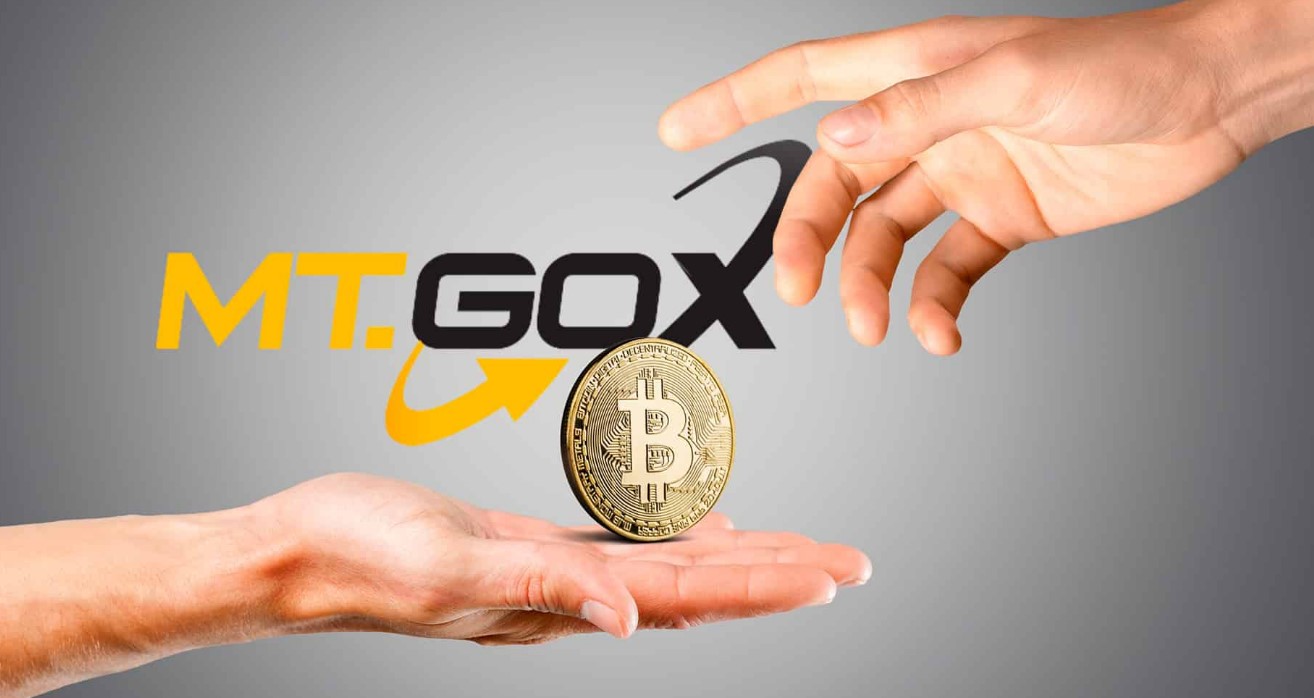Blockchain and security analysis firm Arkham Intelligence detected a significant movement of 32,371 BTC, equivalent to approximately $2.3 billion, from a wallet linked to the failed bitcoin exchange Mt.Gox.
This motion It occurred in two different transactions: the first, of about 30,371 BTC valued at 2,060 million dollars, transferred to a cold walletindicating a long-term storage strategy away from the reach of the network.
A cold wallet, or cold storage, is a type of digital wallet that stores cryptocurrencies on physical devices not connected to the internetoffering a high level of security by protecting assets from unauthorized access online.

The second transaction involved 2,000 BTC, about $136 million, which “took a few jumps before ending up primarily in a new wallet,” as reported by Arkham Intelligence.
This movement occurs hours before the 2024 United States presidential elections, although at the moment it cannot be determined if there is any relationship with that event, beyond the temporal proximity. Please note that Mt.Gox was a company under Japanese regulation and the case is being prosecuted in Japan, not the United States.
The transfer of these funds also comes as Mt.Gox announced the extension of its repayment period to creditors until October 31, 2025. Nobuaki Kobayashi, the court-appointed rehabilitation trustee, indicated that, although the majority of the creditors have completed the basic amortization processes, some still face problems during the payment process, as reported by CriptoNoticias.
A particularity of the most recent transaction is that the fee for moving 32,371 BTC, or $2.19 billion, was only 0.0000402 BTC, equivalent to $2.70, highlighting the efficiency of Bitcoin.
Currently, Mt.Gox maintains in its custody 44,378 bitcoinsan amount that, according to Arkham’s tracking, It would be valued at more than $3 billion. Recently, the exchange also transferred $700 million worth of BTCapproximately 13,265 BTC, to an unidentified address.

Mt.Gox, which held close to 140,000 BTC for over a decade, is now in the process of returning these assets. However, this movement has generated nervousness in the community.
There is concern that if refund recipients decide to sell their BTC, there could be bearish pressure on the price of the asset. However, if the majority of creditors choose to hold their bitcoins long-term, the impact on the price could be mitigated.
This article was created using artificial intelligence and edited by a human Editor.






Leave a Reply